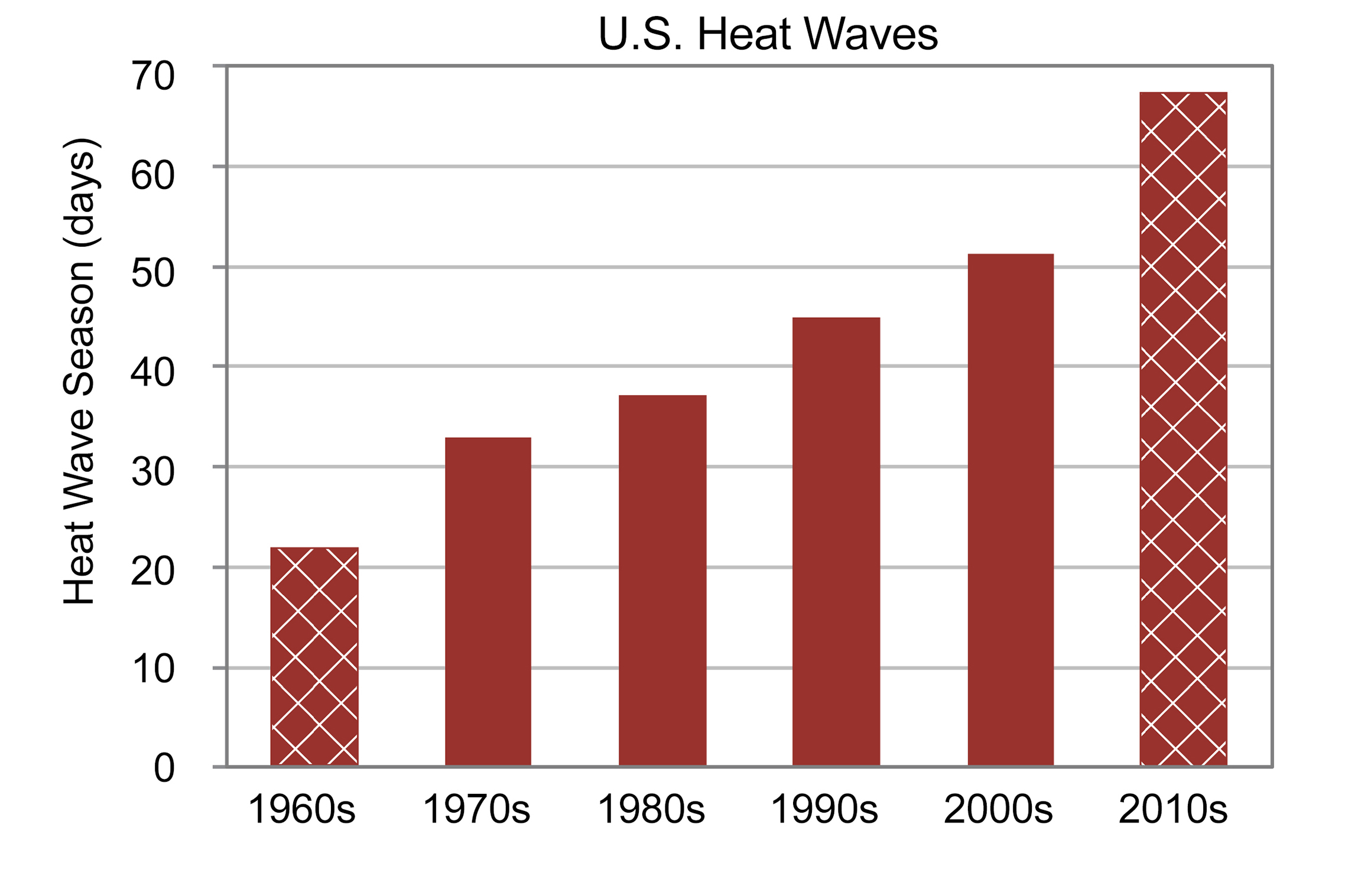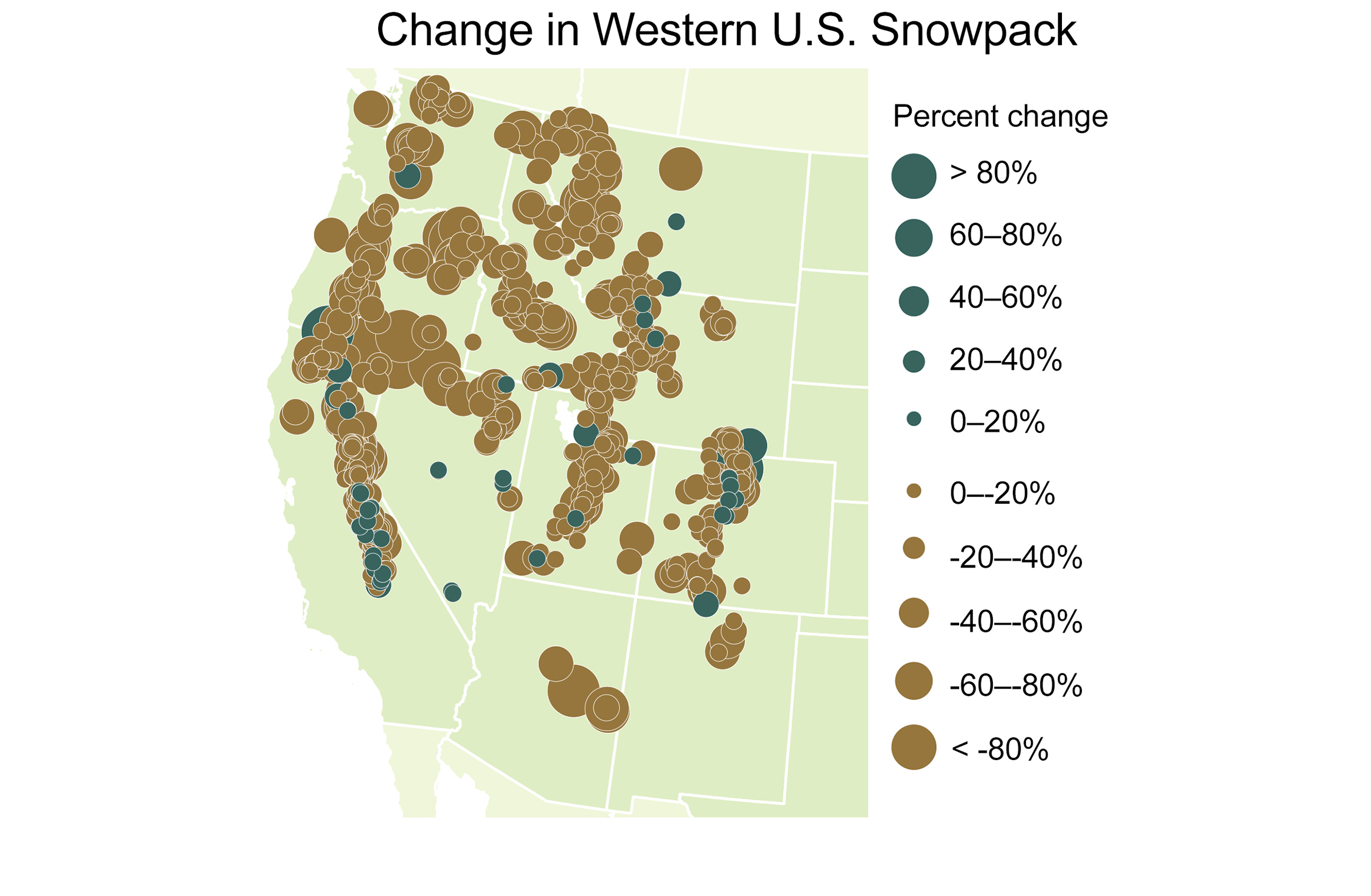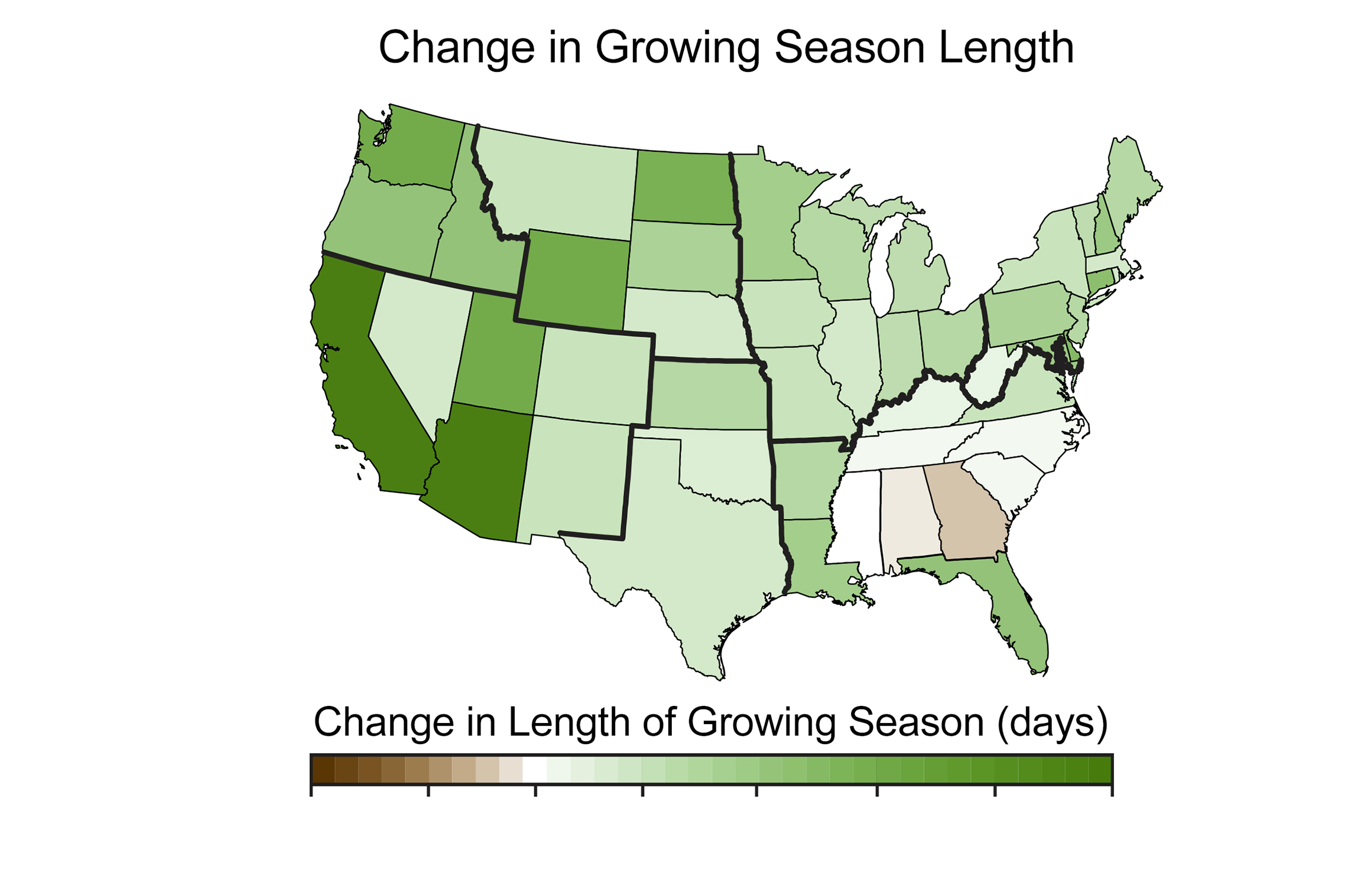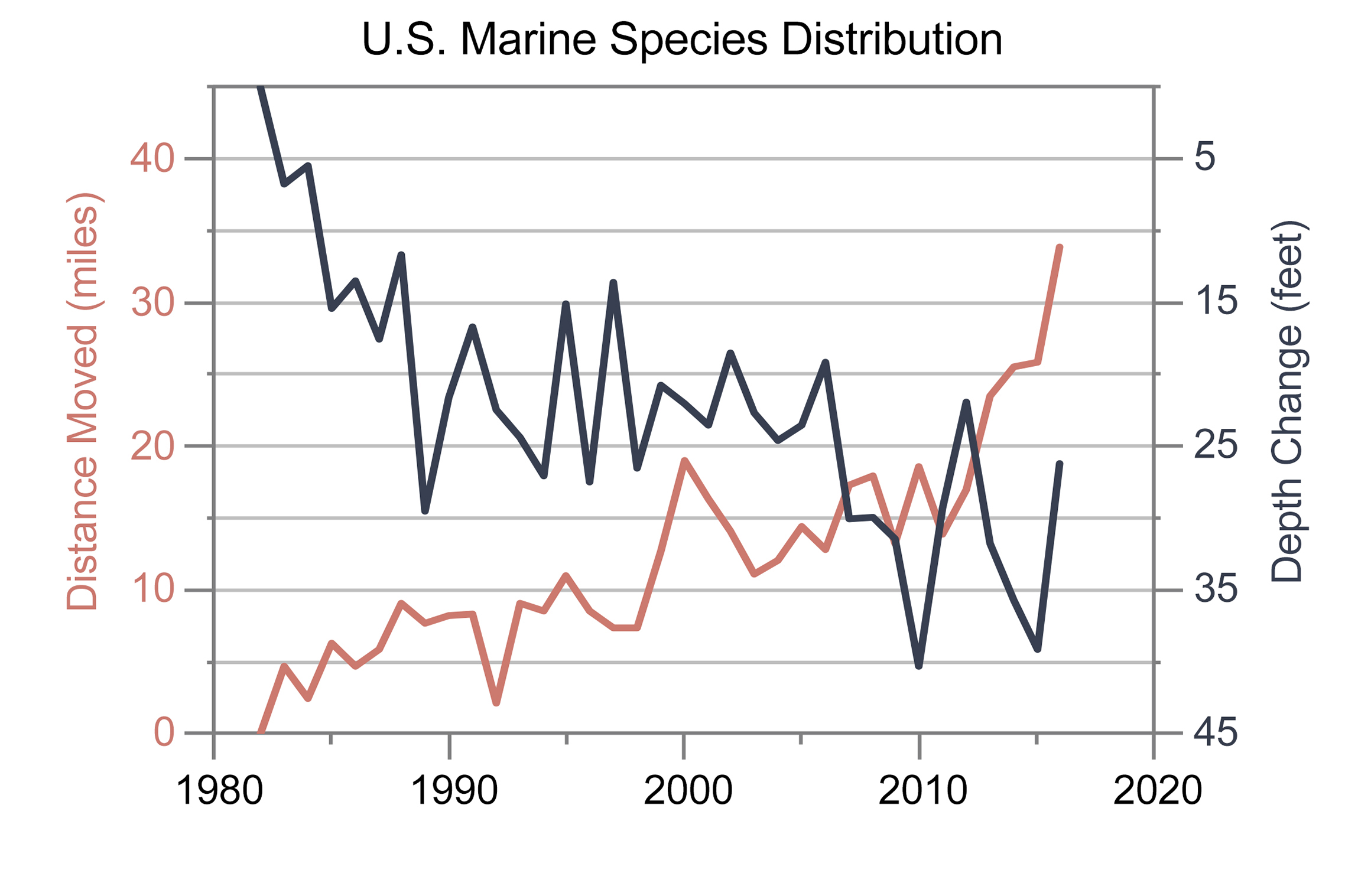New Federal Climate Assessment Was Released Friday
 The report finds that climate change is affecting the natural environment, agriculture, energy production and use, land and water resources, transportation, and human health and welfare across the U.S. and its territories.
The report finds that climate change is affecting the natural environment, agriculture, energy production and use, land and water resources, transportation, and human health and welfare across the U.S. and its territories.
Key findings of the NCA4, Vol. II
Communities
-
Human health and safety, our quality of life, and the rate of economic growth in communities across the U.S. are increasingly vulnerable to the impacts of climate change.
-
The cascading impacts of climate change threaten the natural, built and social systems we rely on, both within and beyond the nation’s borders.

-
Societal efforts to respond to climate change have expanded in the last five years, but not at the scale needed to avoid substantial damages to the economy, environment, and human health over the coming decades.
-
Without substantial and sustained global efforts to reduce greenhouse gas emissions and regional initiatives to prepare for anticipated changes, climate change is expected to cause growing losses to American infrastructure and property and impede the rate of economic growth over this century.
Agriculture and food production
-
Rising temperatures, extreme heat, drought, wildfire on rangelands and heavy downpours are expected to increasingly challenge the quality and quantity of U.S. crop yields, livestock health, price stability and rural livelihoods.

Ecosystems
- Continued changes to Earth’s climate will cause major disruptions in some ecosystems. Some coral reef and sea ice ecosystems are already experiencing transformational changes, affecting communities and economies that rely upon them.
Water and the coasts
-
Changes in the quality and quantity of fresh water available for people and the environment are increasing risks and costs to agriculture, energy production, industry and recreation.
-
Climate change will transform coastal regions by the latter part of this century, with ripple effects on other regions and sectors. Many communities should expect higher costs and lower property values from sea level rise.

Health
-
Climate change threatens the health and well-being of the American people by causing increasing extreme weather, changes to air quality, the spread of new diseases by insects and pests, and changes to the availability of food and water.